Born in South Korea • Studied Data Management/Information Systems (Master of Science), Education (Master of Arts), and Behavioral Science (Bachelor of Arts) at three different universities in the United States. • Highest Degree Master of Science • Lives in San Jose, CA USA • Occupation Data and Analytics Management and Lecturer at UC Berkeley
Chapter 1: A Love for Math
I have always been fascinated by numbers. From the moment I learned how to count, I was hooked. Math quickly became my favorite subject in elementary school, and I eagerly awaited the Math Minutes exercise every day. There was something thrilling about solving equations, finding patterns, and unlocking the secrets hidden within the numbers, and quickly.
As I progressed through school, my passion for math only grew. I found solace in the logic and structure it provided. While other kids dreaded math class, I relished the opportunity to dive into complex problems and unravel their mysteries. My brain seemed to have a natural affinity for the subject, and I loved the feeling of accomplishment when I arrived at the right answer.
When it came time to choose a major in college, however, I made a somewhat unexpected decision. Instead of studying pure mathematics, I opted for math education. I wanted to make math more accessible and easier to understand for others. I believed that by becoming a math teacher, I could help students overcome their fears and discover the beauty of numbers, just as I had.
Chapter 2: Thinking in Algebra
Teaching high school math was both challenging and rewarding. I loved seeing the light bulbs go off in my students’ minds when they finally grasped a difficult concept. However, as an introvert, the constant demand for live interaction every day was beginning to take its toll. I realized that if I continued down that path, I would eventually burn out.
After a few years of teaching, I decided to make a transition into data management. It allowed me to utilize my analytical skills in a different way while still working with numbers. What surprised me was how well my brain adapted to this new role. I found that my problem-solving abilities translated seamlessly into the world of data.
As I analyzed and processed information, it felt like I was working through an algebra problem. I approached each task as a system of inputs and outputs, seeking patterns and connections. This way of thinking became an incredible framework for tackling unknowns and finding innovative solutions. My love for math had given me a unique perspective that served me well in my new field.
Chapter 3: A New Direction
To further solidify my expertise in data management, I decided to pursue a master’s degree in information management and analytics. The additional knowledge and skills I gained opened up new opportunities for me. I had no regrets about my career path. In fact, my background in math education turned out to be an asset in influencing and teaching at work.
The scariest thing about transitioning was actually the change in working environments. Office environments are incredibly different than classrooms and the dynamics between people are different. There is no option to go to your classroom and hide. The agendas and goals are different. In the office, highly cross functional teams of people are responsible for the success of the project.
Currently, I lead a team of analytics engineers, analysts, and industry strategists. Our main focus is developing data foundations and curating information that aligns with our company’s business strategies. Alongside this responsibility, I am also dedicated to developing leaders within my team. I firmly believe that investing in others and fostering their growth is crucial for long-term success. I’ve learned that this isn’t always the case for others, but it will be for me.
Chapter 4: Battling Gender Bias
Throughout my career, I have encountered the harsh reality of gender bias. It is pervasive, and the intersections of gender further compound the disadvantages faced by marginalized individuals. Closing the gap requires us to be intentional in our efforts. We must take our seat at the table while saving a seat for others. It means having the difficult conversations and addressing the unspoken career setbacks that are often less concrete but nonetheless hinder progress.
I have experienced oppression and setbacks, even from other women, in the workplace. It has been disheartening, but I have used these experiences as lessons to shape my behavior and align myself with my North Star. If we cannot support one another, how can we possibly advance as a collective? I have made a conscious choice to accept slower advancement if it means providing greater opportunities to others. My decisions are guided by what is best for our community, not just for myself.
Chapter 5: Surrounding Myself with Allies
Looking back, I realize that the one thing that would have greatly helped me on my career path is self-confidence and strong women allies. It took time and experience to develop the belief in my abilities, some of that came from not having sponsors or mentors that were truly invested in me. Additionally, surrounding myself with strong women allies has made a tremendous difference in my agency and resiliency. The support and camaraderie we share have empowered me to navigate the challenges of the workplace with greater strength. I don’t feel alone and I can call upon a strong network to help me.
As I continue my journey, I am committed to making room for others at the table. I strive to foster an inclusive environment that encourages growth and amplifies diverse voices. By doing so, I hope to contribute to a pipeline of growth that uplifts individuals and propels our collective success.
Epilogue
My love for math has shaped my life in ways I never could have imagined. It has taught me to think critically, approach problems systematically, and find joy in unraveling the mysteries of the world. Through my career as a math teacher, data manager, and leader, I have found fulfillment in both sharing my knowledge and empowering others.
As I move forward, I will continue to champion gender equality and work towards dismantling the barriers that hold us back. I will strive to be the mentor and ally I wish I had when I was starting out. By embracing our unique strengths and fostering a supportive community, I believe we can create a more inclusive and equitable world for all.


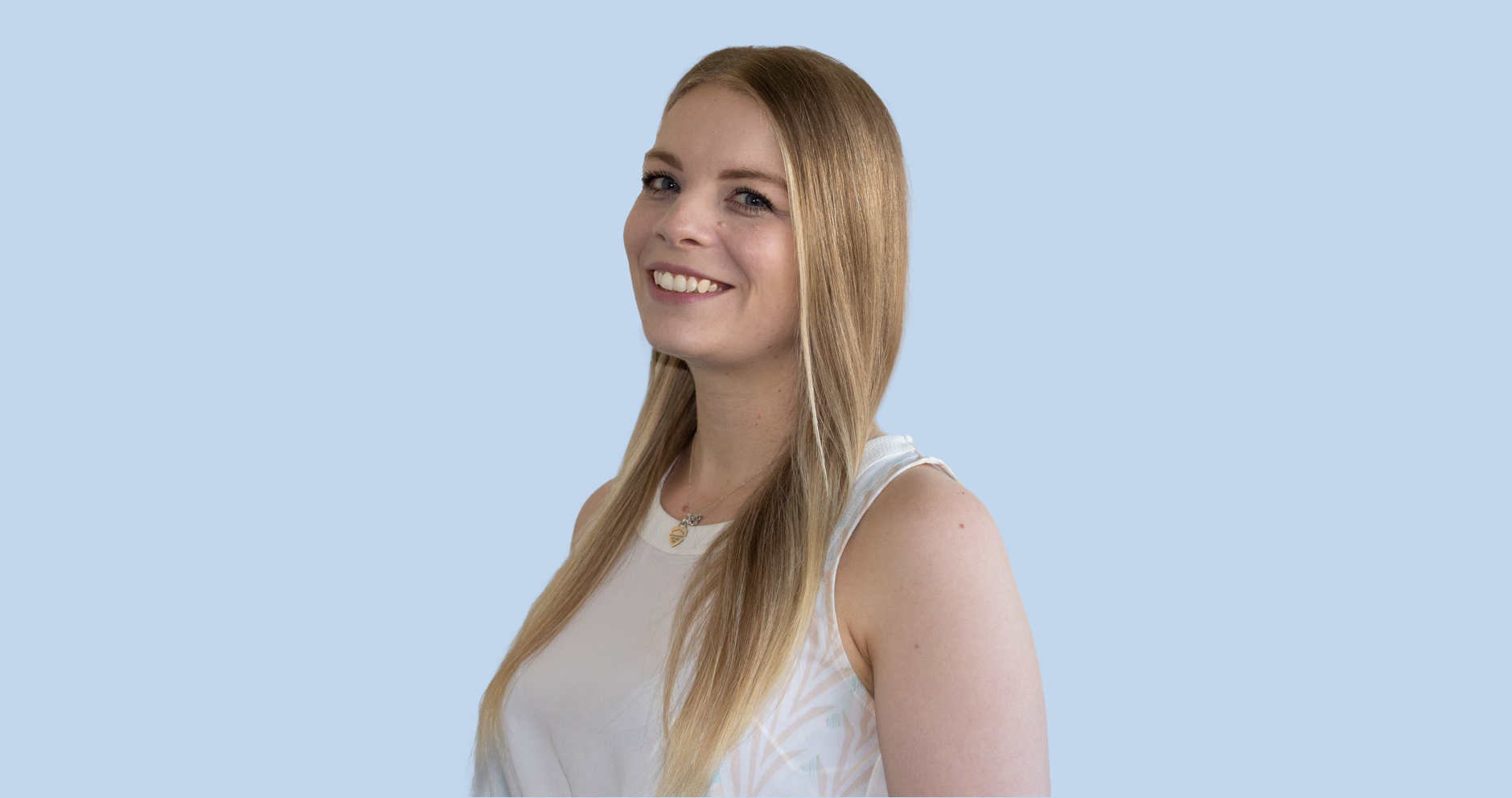
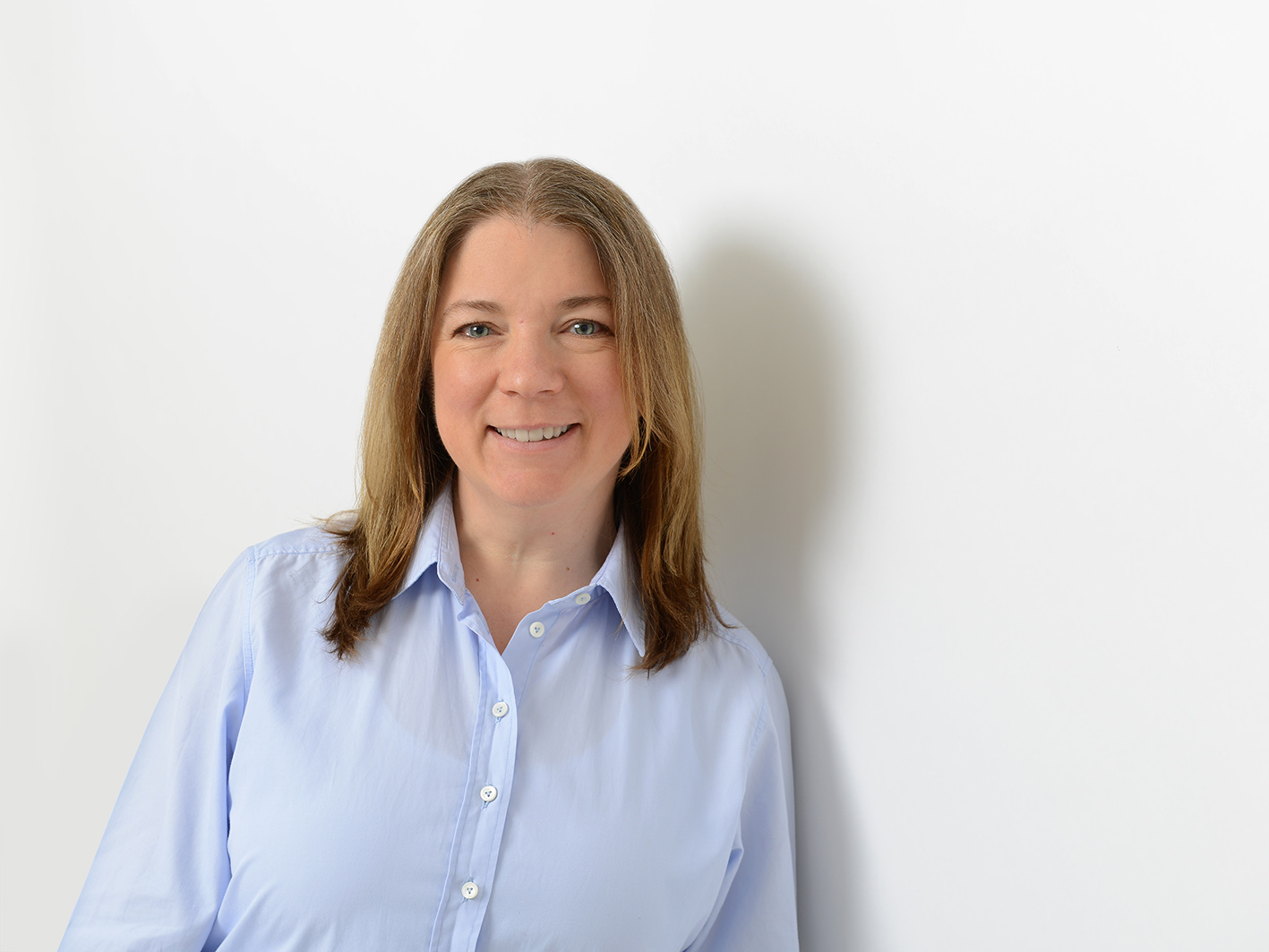
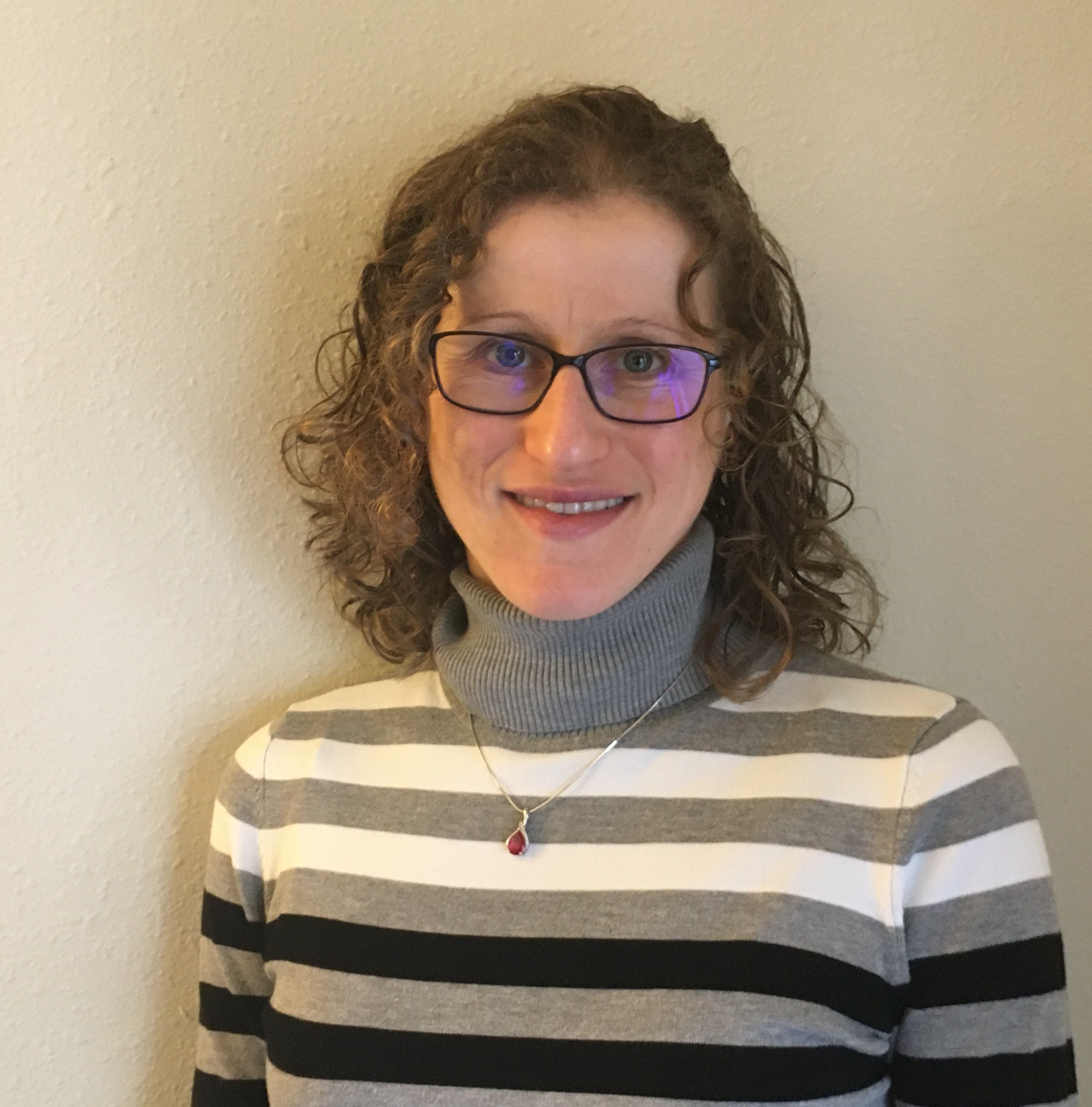
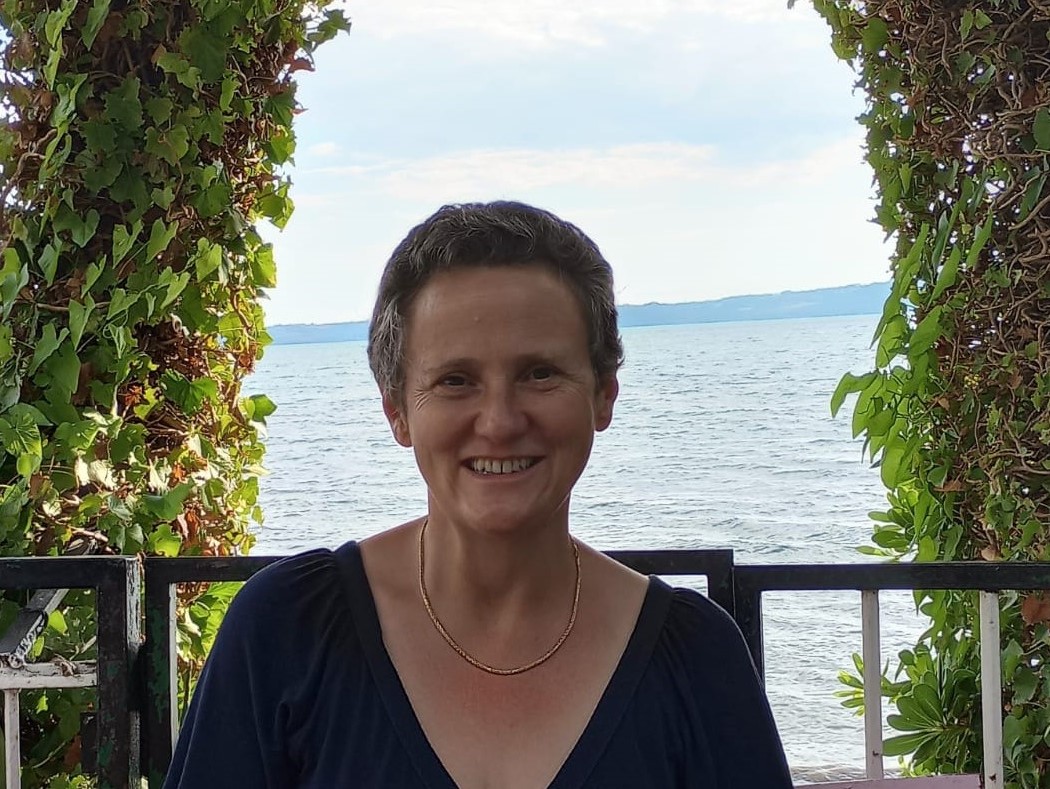
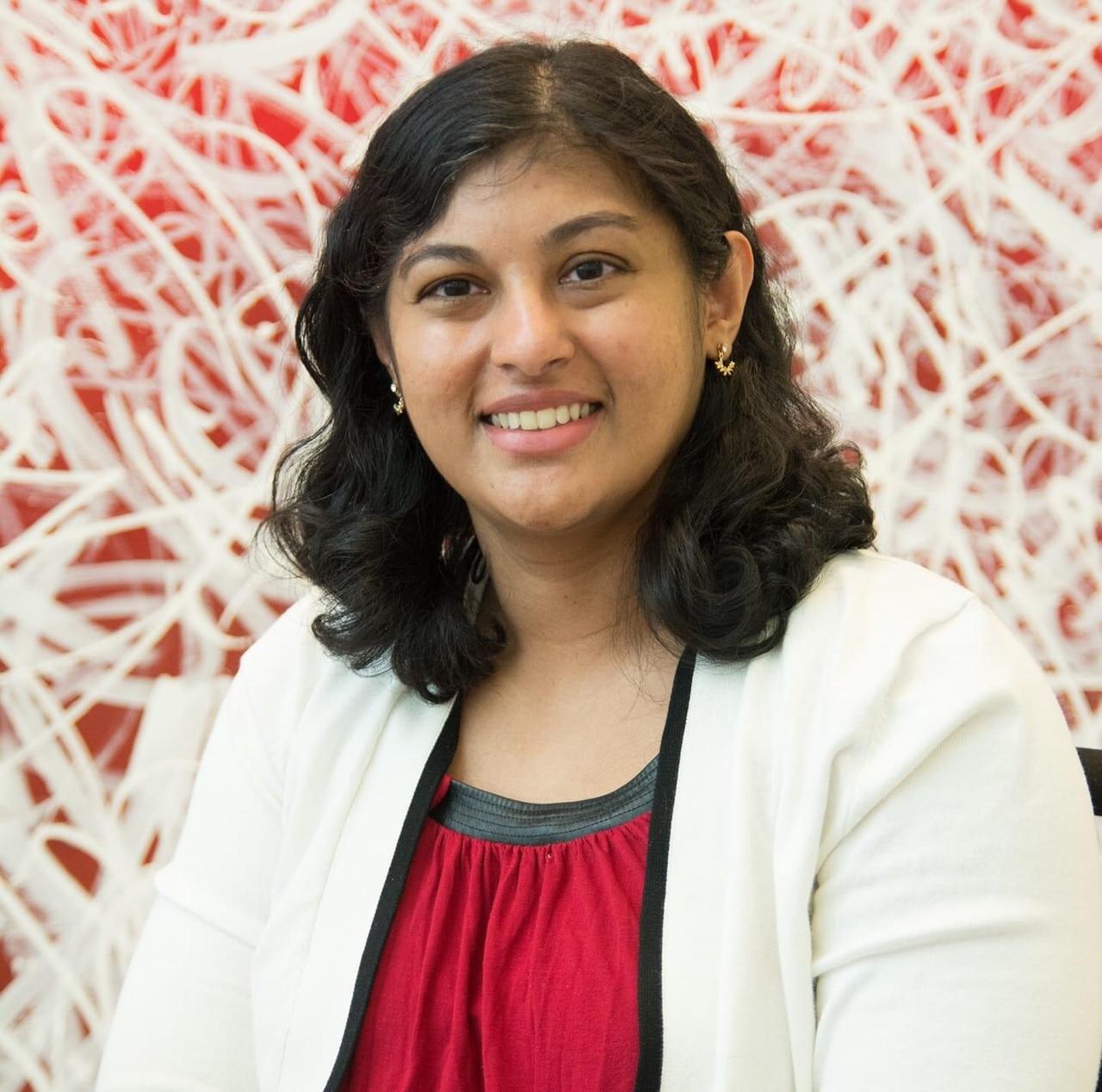
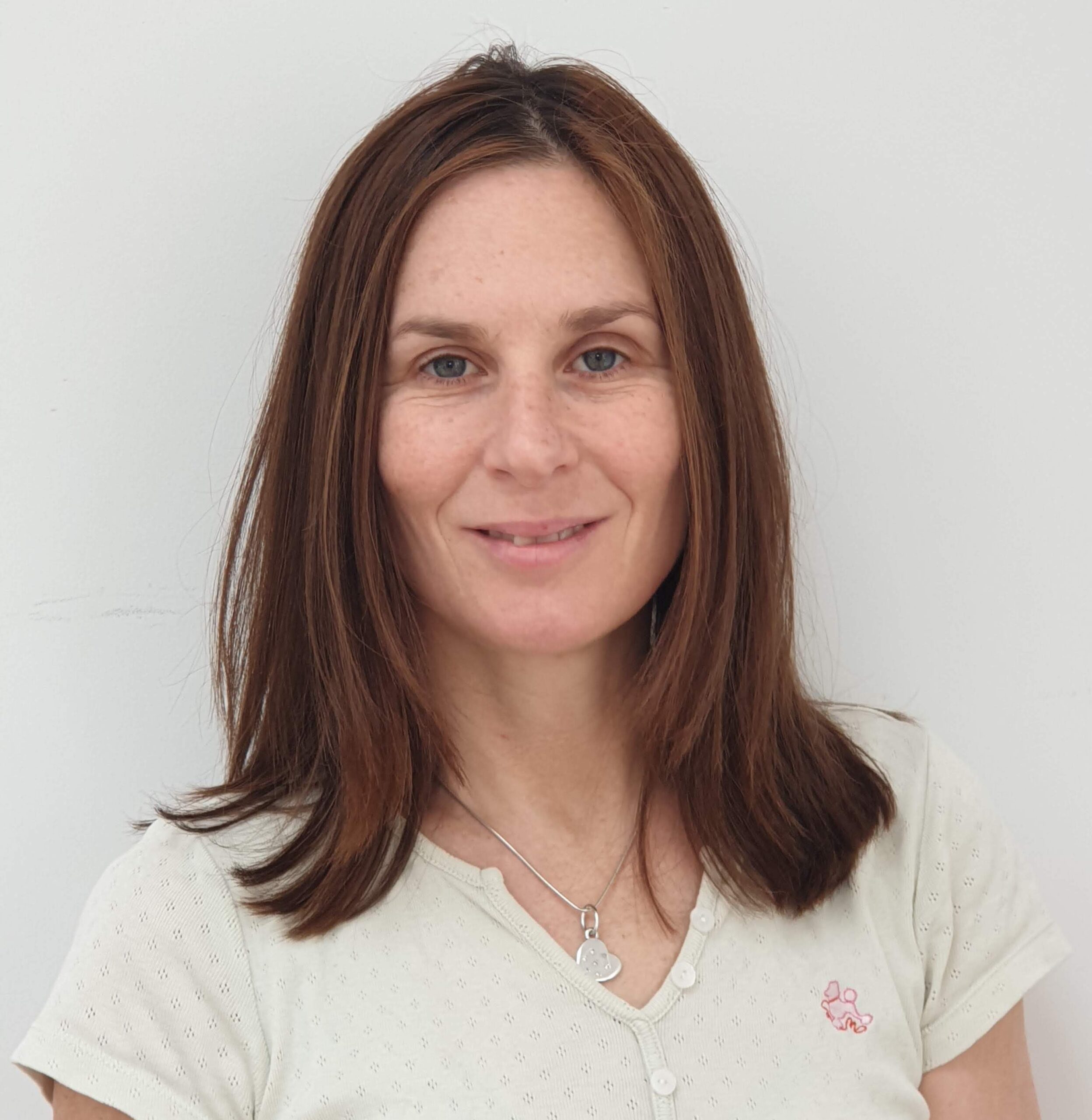
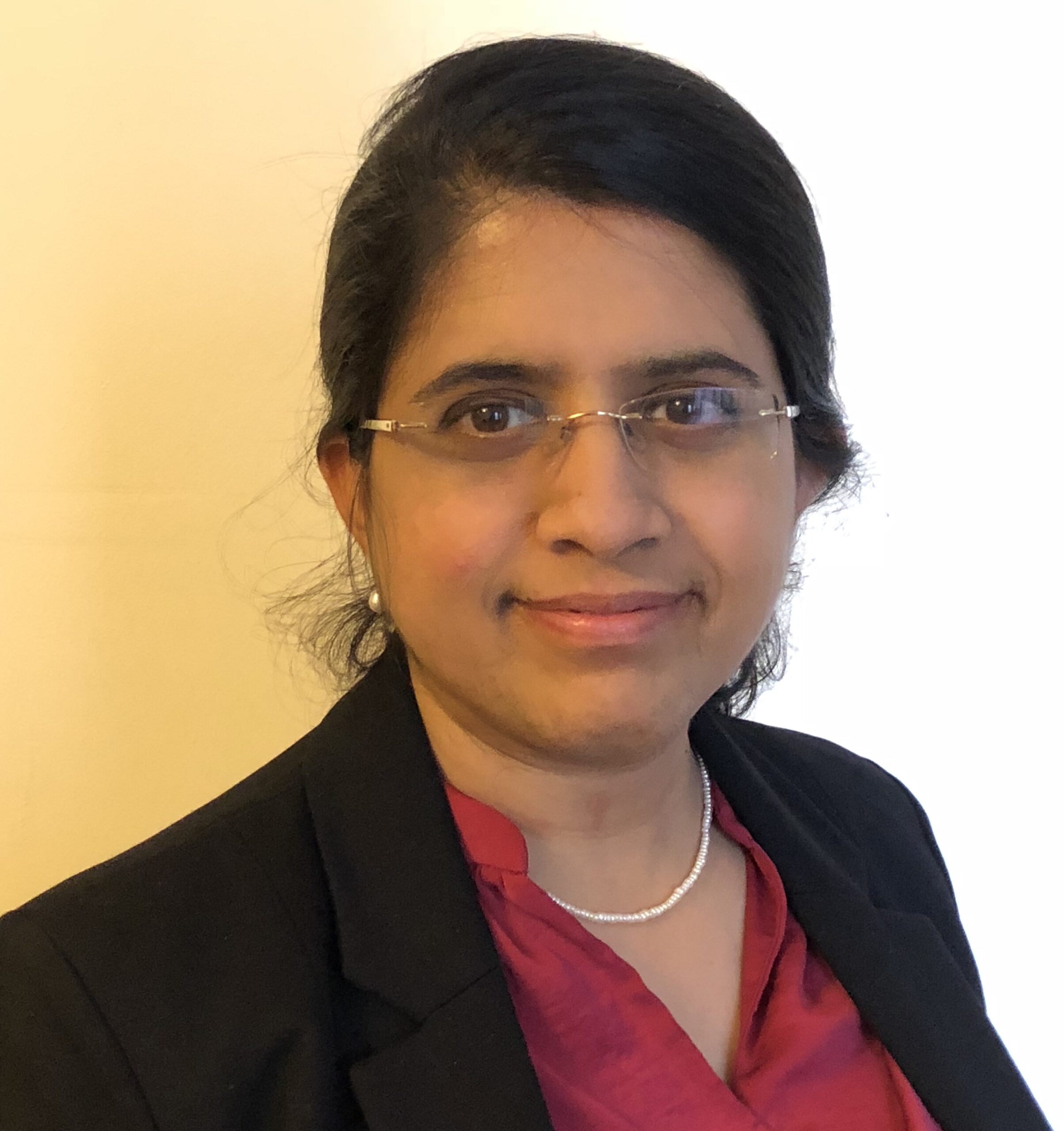
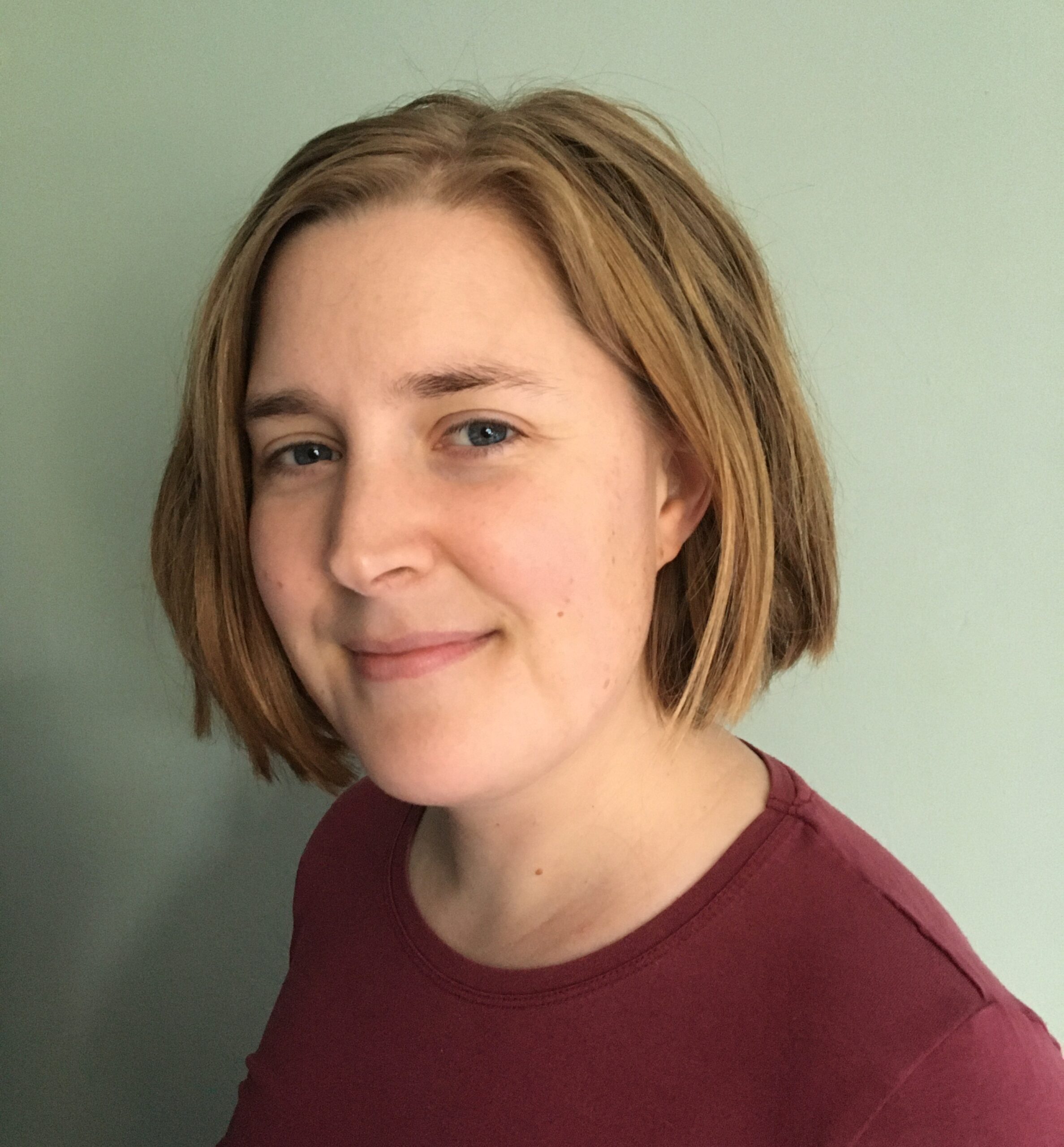
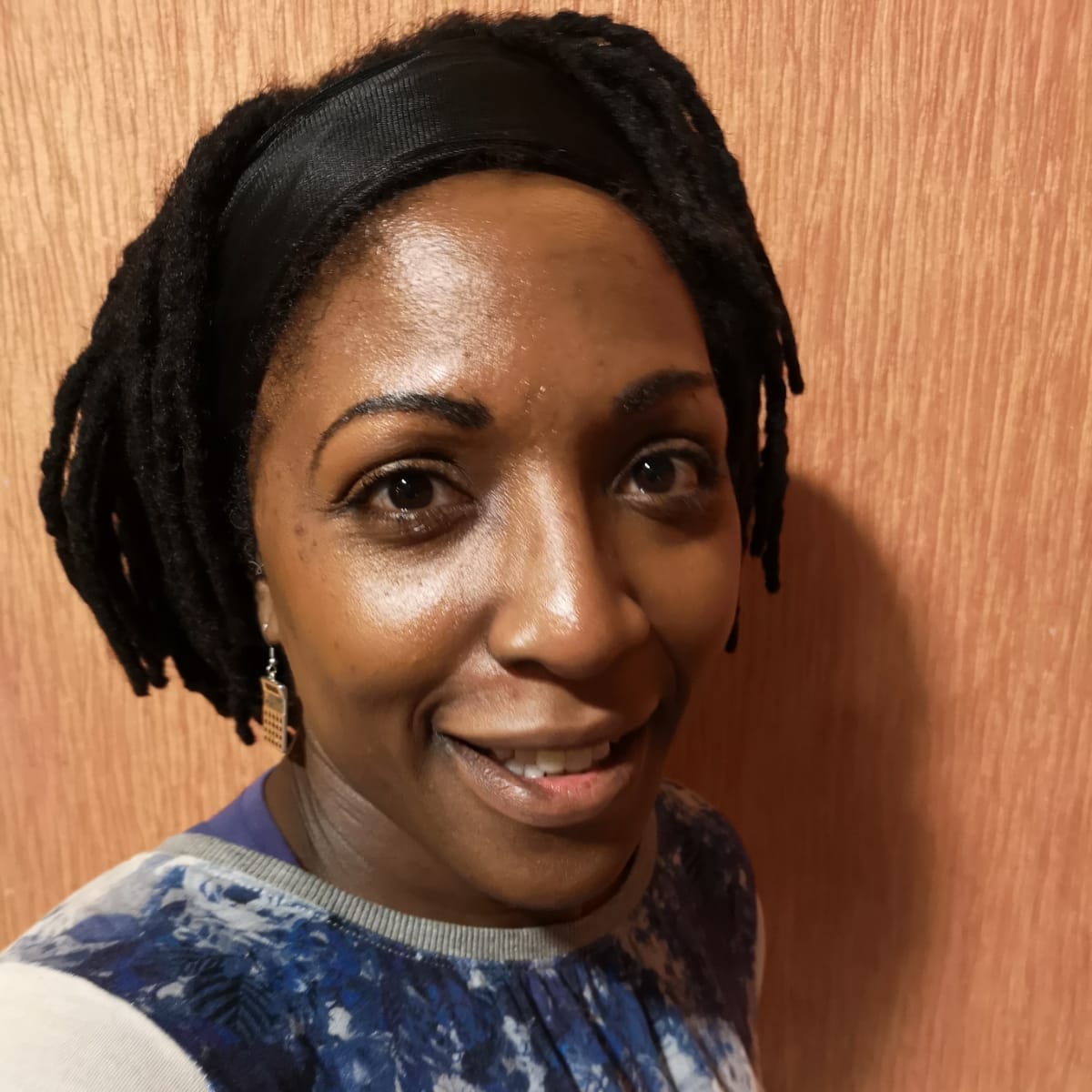
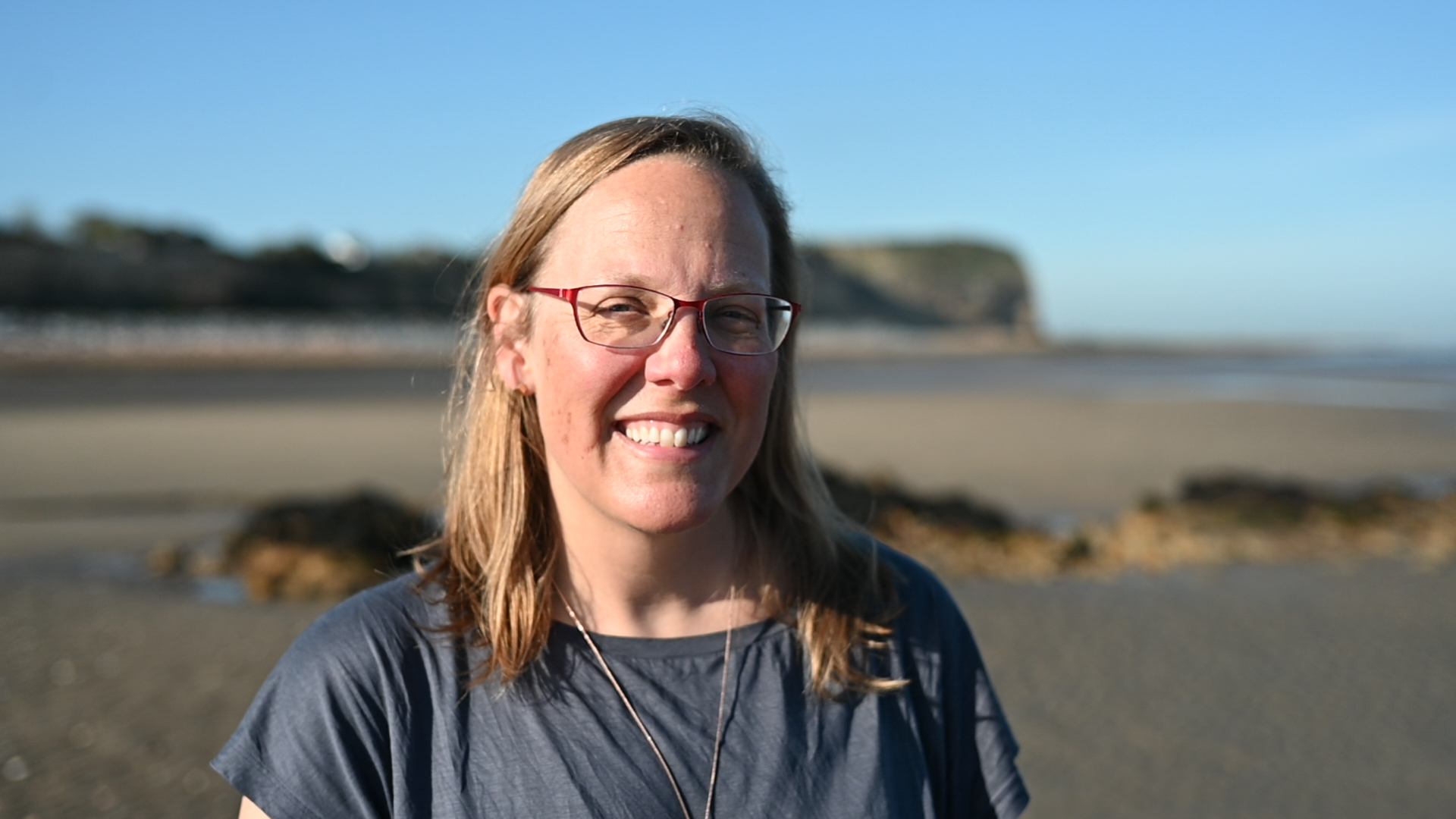

Recent Comments